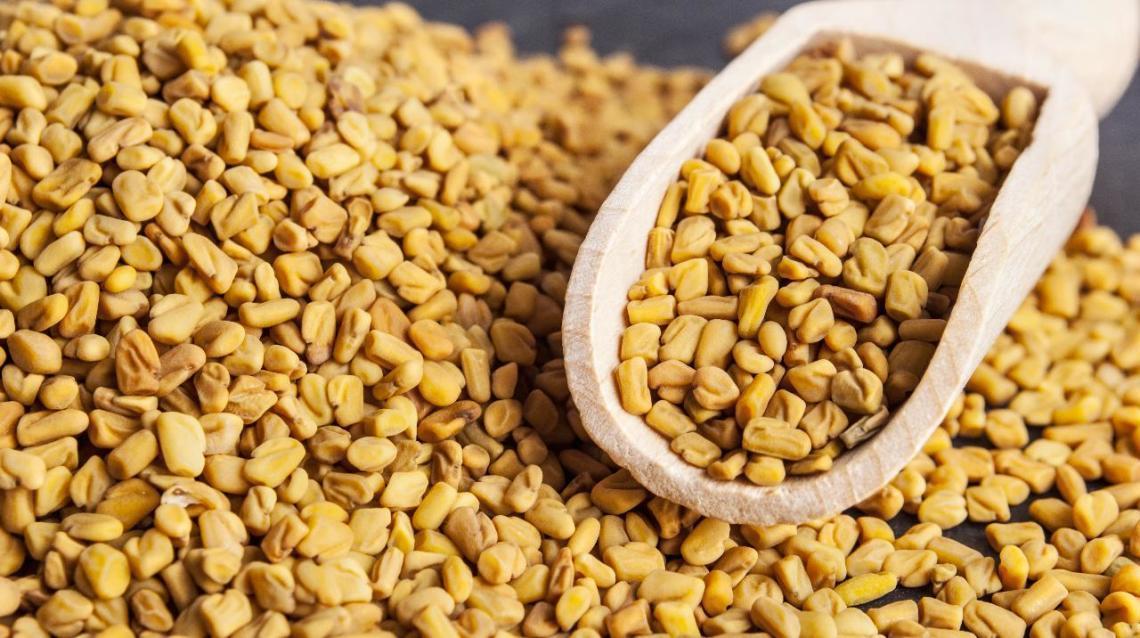As per WHO, “ Diabetes is a chronic disease that occurs either when the pancreas does not produce enough insulin or when the body cannot effectively use the insulin it produces.” The number of people with diabetes has risen to around 463 million in 2019 and in most of the countries, the proportion of people with type 2 diabetes is increasing.
How Efficient Is Fenugreek for Diabetes?
Fenugreek seeds have both culinary and medicinal uses. The seeds contain carbohydrates, protein, fat, calcium, etc. Fenugreek is an annual herb that is mainly cultivated for its leaves and seeds. These seeds have a strong odor and taste bitter. The seeds are mostly used as spices in the dishes to improve the flavor and to add nutritive value in the food. But other than this fenugreek also has many other medicinal uses. One of its main uses is in diabetes. Numerous studies have demonstrated the numerous benefits of fenugreek for diabetes.Fenugreek is rich in soluble fibers, it contains Galactomannan which is an important constituent that helps to lower blood sugar by slowing down digestion and absorption of carbohydrates and it also helps to lower blood glucose levels in people with diabetes.
Fenugreek and Diabetes:
There are 3 common types of diabetes:
Type-1- The immune system attacks and destroys the beta cells in the pancreas that produce insulin and the damage caused is permanent.
Type-2- This occurs if the body cannot use insulin efficiently. This leads to a decrease in insulin production which results in high blood sugar.
Gestational diabetes – It is Caused due to insulin-blocking hormones produced during pregnancy and it occurs only during pregnancy.
Many studies have shown that fenugreek seeds can help with diabetes. In a study, fenugreek powder is given to non-insulin dependent patients for about 24 weeks in two equal doses during
lunch and dinner. The results show that the fenugreek powder was able to improve glucose tolerance and insulin levels were diminished and also lowered total cholesterol. Additionally, the seeds are rich in an amino acid called 4-hydroxy isoleucine which can stimulate the production of insulin.
Another study found that type-2 diabetes was significantly controlled when 10 grams of fenugreek were taken daily.It is always recommended to use fenugreek seeds only after consulting a doctor. Other than this, a person with diabetes should follow a proper routine avoiding sugar, avoid the use of tobacco as it could increase the risk of diabetes. It is also important to maintain healthy body weight.

